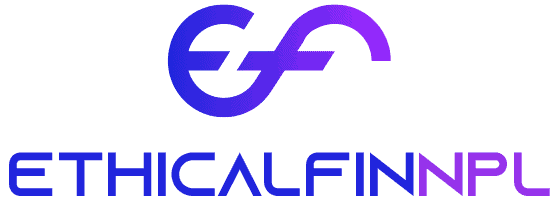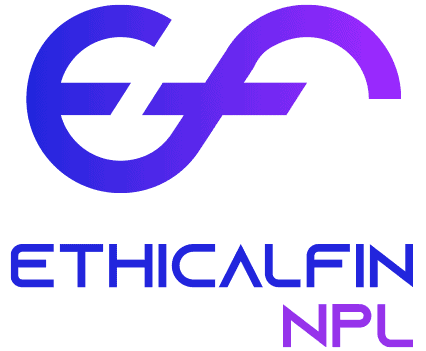The primary objective of an NPL loan manager is naturally the achievement of a high recovery rate; in other words, an optimal return for the investor.
Nevertheless, we believe this should not be the only objective and, above all, it should not be pursued regardless of all the other aspects that are inevitably involved in NPLs.
What can really make the difference is the use of an ethical and sustainable approach in the recovery process. We believe focusing on the borrower’s needs and establishing an effective cooperation with them, is the best way to guarantee an optimal result for both parties.
Our loan managers have noticed that a sustainable management of the loans taking into account the actual financial situation and capacity of the borrower, will significantly facilitate and optimize the collection.
 Understanding and caring the borrowers is the key.
Understanding and caring the borrowers is the key.
It is necessary to acquire as much information as possible about the financial situation of the debtor and to find the elements that inevitably affect their fulfilment capability. This can be done through official sources and in-depth research, often delegated to external agencies dedicated to this job Information such as the immovable property of the borrower, their job, their monthly wage, the presence of companies in which the debtor might own any participation, the property of any vehicles or other movable property can be very useful.
The acquisition of such information is fundamental, not only to estimate the real possibility of recovery, but also to set up a clear and efficient relationship with the borrower.
Extrajudicial solutions
A complete analysis of the status financial situation of the borrower allows the use of one of the best ethical management tools; the extrajudicial transaction.
The search for a win-win solution, before enforcing any judicial executions, is often the best solution both for the loan manager and the borrower.
 Reaching an agreement to pay off the debt often guarantees a better and quicker outcome. Once the borrower has payed off his debts, he is released on many fronts: removal from the public registry of debtors, in the Bank of Italy, cancellation of guarantees (personal guarantees and mortgages) and also cancellation of judicial procedures.
Reaching an agreement to pay off the debt often guarantees a better and quicker outcome. Once the borrower has payed off his debts, he is released on many fronts: removal from the public registry of debtors, in the Bank of Italy, cancellation of guarantees (personal guarantees and mortgages) and also cancellation of judicial procedures.
A private transaction also allows to obtain positive effects, even when pursued while pending foreclosure procedures are already enforced on the borrower’s property. In these cases, in fact, the deal can consist in the search, by the debtor, of a potential buyer for the property, with the purpose of avoiding the inevitable devaluation of the property that occur during an auction. This guarantees a certain and immediate liquidity, to pay off the debt.
This kind of approach shows that often the borrower is not a bad payer, as may assume, but just a person going through financial issues or standstill.
In light of the above, an ethical and thoughtful NPL management allows to offer people and companies a real opportunity to restart.


